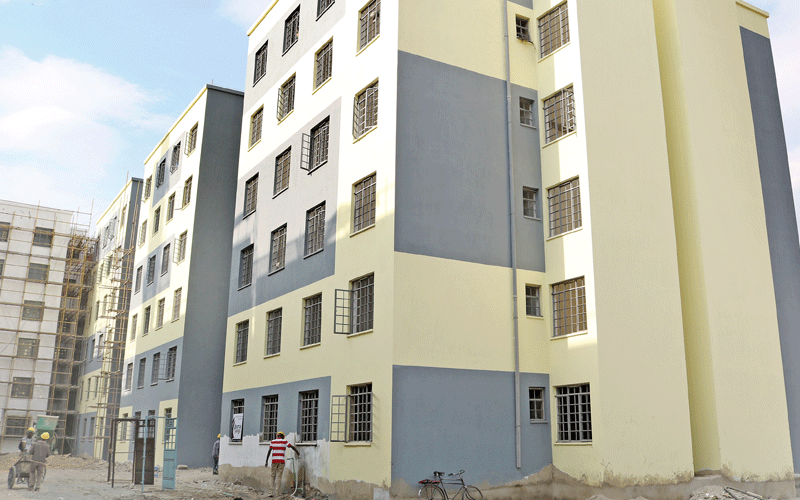Success of Big 4 pipe dream, says Budget Office

Mercy Mwai @wangumarci
The Parliamentary Budget Office (PBO) has raised the red flag that the realisation of President Uhuru Kenyatta’s Big Four agenda may be a pipe dream.
It warns that the threat to the Uhuru legacy projects — affordable housing, food security, universal health care and manufacturing— points to public resources wastage and unclear spending priorities in the 2020 Budget Policy Statement (BPS).
PBO has proposed a reduced allocation to the National government by Sh200 billion from Sh2.06 trillion allocated in the last financial year to Sh1.83 trillion.
“We are in the third year of implementing the Big Four agenda. However, minimal progress was made in the first two years (FY2017/18 and 2018/19),” reads its report.
It adds: “Very ambitious targets were set in FY 2019/20 and the medium-term. The targets are unlikely to be met due to the slow absorption over the first half of the financial year.”
PBO, which provides independent, authoritative and non-partisan financial and economic analysis to Parliament, points that since 2018 when the UHC agenda was introduced, no tangible reforms have been undertaken in the critical institution as envisaged.
Housing pillar
The report says despite the State Department for Housing and Urban Development promising to deliver 500,000 housing units by 2022 under the affordable Housing programme, only 228 units have been achieved since its inception.
It says the programme is off track hence the need for a comprehensive status report on its implementation and viability.
The office casts doubt on the viability of the food and nutrition agenda saying the funding hitch is the greatest hurdle. It adds that while the sector requires Sh105.4 billion, it has been allocated Sh51.2b in the current Budget.
The report blames the sector’s woes on diminishing agricultural productivity, declining land sizes, underfunding, and prevalence of pest and diseases.
According to the report, the remedy lies in the revival of support services, including agricultural extension services for improved and sustainable productivity of agriculture.
The PBO also paints a grim picture of the manufacturing agenda and indicates that programmes so far implemented have yet to spur growth in the sector.
On the contrary, its share of Gross Domestic Product (GDP) has steadily been declining.
The report also censures the government for undertaking functions beyond its constitutional mandate.
For instance, it says, the government has gone against the principle of subsidiarity which requires that functions such as agriculture and health are undertaken by the devolved units. According to an assessment of the projects the
Devolved functions
The national government is, however, still hanging on to projects such as rice farming where it is procuring combine harvesters and building pans and dams.
In its report, the PBO noted that despite the unachievable targets by the National government, its appetite for borrowing had increased.
Loans and grants from development partners have increased from Sh1.11 billion in FY2014/15 to Sh23.64 billion in the FY2018/19.
According to the brief, the higher the share of ordinary revenue that is taken up by public debt and other national obligations, the lower the sharable revenue and allocations to counties.
“An assessment of the 2020/21 Key Performance Indicators (KPIs) envisaged to be undertaken in various programmes reveal that the National Government set out to undertake functions beyond its constitutional mandate,” adds the PBO report.















